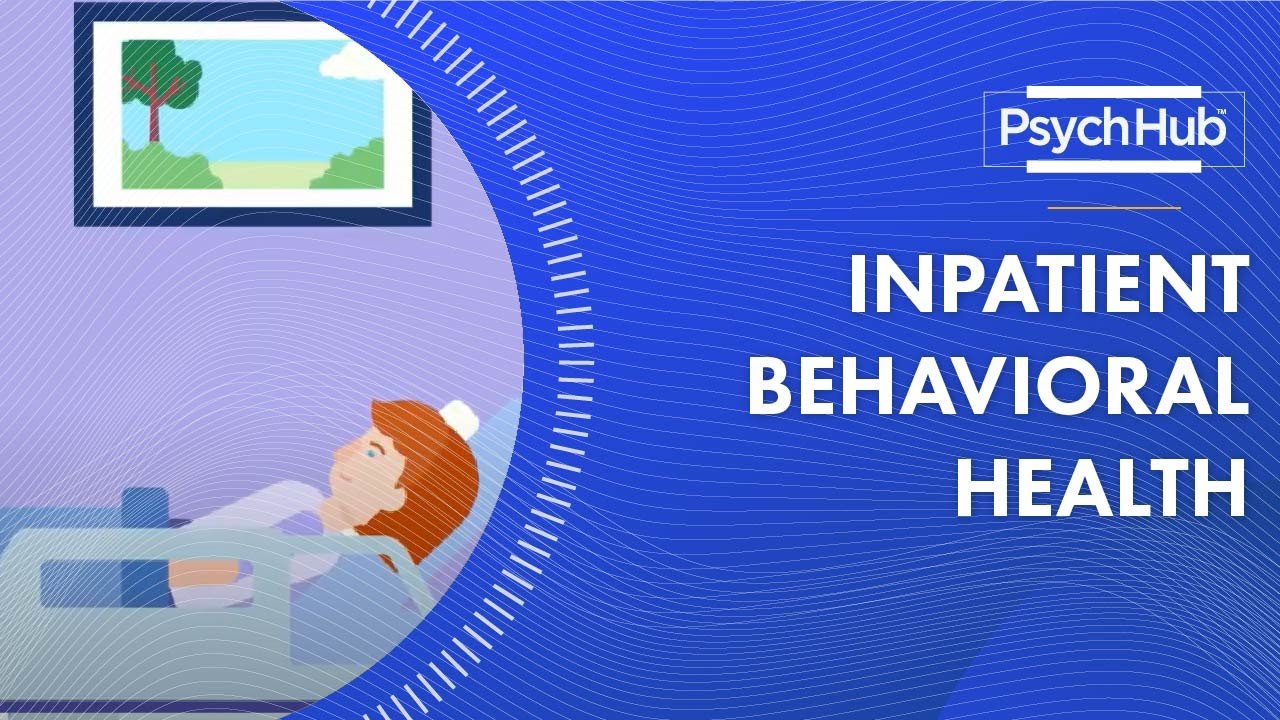In the midst of widespread promotion of mindfulness practices within many Seventh-day Adventist (SDA) health institutions, a new study reveals that this form of meditation may actually pose significant risks. While intended to foster present-moment awareness and stress reduction, the study highlights that over 10% of regular practitioners experienced adverse effects such as anxiety, depression, and more severe psychiatric symptoms. These findings challenge the generally accepted view of mindfulness as a universally beneficial practice, raising concerns about its safety and calling for a more nuanced understanding of its potential risks, especially within our faith-based communities. Have you ever wondered if the mindfulness practices being promoted in Seventh-day Adventist (SDA) health institutions could be doing more harm than good?
While Many SDA Health Institutions Are Promoting Mindfulness, A New Study Says it Can be Harmful
Mindfulness is often suggested as a meditation technique to help you focus on the present moment, pay attention to your thoughts, feelings, and sensations, and reduce stress. This practice has gained significant popularity across the globe and has found its way into many SDA health institutions, including the Loma Linda School of Behavioral Health. It’s not surprising since these practices promise to lead you to a calmer, more peaceful life.
However, a new study reveals that mindfulness could have adverse effects, casting a significant shadow over its purported benefits. Let’s delve into the findings of this study, the history of mindfulness, and its adoption in SDA health institutions.
The Emergence of Mindfulness
Mindfulness has its roots in Buddhist meditation practices that date back around 2,500 years. Over the last few decades, it has been adapted and incorporated into Western psychological practices and adopted as a way to help reduce stress, anxiety, and depression.
Institutions and organizations worldwide, including schools, businesses, and healthcare systems, have embraced mindfulness techniques. You’ve probably seen countless apps, programs, and books dedicated to mindfulness, each promising to bring you a step closer to mental tranquility.
The New Study and its Findings
In 2022, a pivotal study brought new light to the discussion surrounding mindfulness’ effectiveness and safety. This study sampled 953 individuals in the United States who meditated regularly. The results were eye-opening: over 10% of the participants reported experiencing adverse effects that had a prolonged negative impact on their everyday lives, lasting for at least one month.
Adverse Effects of Mindfulness
The adverse effects reported in the study were disturbing and varied. From anxiety and depression to severe symptoms like psychosis, delusional thinking, dissociation, and intense fear, the range was vast. These are not minor side effects but significant mental health issues that could severely impact your quality of life.
| Adverse Effect | Prevalence | Description |
|---|---|---|
| Anxiety and Depression | Most common | Heightened levels of anxiety and feeling of persistent sadness reported by a significant number of participants. |
| Psychotic or Delusional Symptoms | Less common but severe | Experience of psychotic episodes, including hallucinations and delusions. |
| Dissociation or Depersonalization | Frequent | Feelings of being detached from oneself or reality, creating a profound sense of alienation and confusion. |
| Fear or Terror | Reported frequently | Intense and irrational fears, sometimes accompanied by physical symptoms like sweating and palpitations. |

Mindfulness in SDA Health Institutions
As mindfulness began to penetrate Western mental health practices, it also found fertile ground within SDA health institutions. Prominent facilities like the Loma Linda School of Behavioral Health have been promoting mindfulness as a stress-reduction technique. Guided discussions and mindfulness sessions have become commonplace, aiming to provide you with effective stress management tools.
A Comparative Look: What the Study Says vs. What SDA Institutions Promote
It’s crucial to understand that there is a stark contrast between what research is indicating and what these health institutions are practicing.
What the Study Says
- Adverse Effects: The 2022 study highlighted that regular mindfulness practice could lead to adverse effects, affecting more than 10% of the participants significantly.
- Long-lasting Symptoms: The study found that these adverse effects aren’t just short-term. They can last for at least a month, suggesting that the impact could be more prolonged and possibly require significant interventions.
What SDA Institutions Promote
- Stress Reduction: The primary reason institutions like Loma Linda promote mindfulness is its potential to help you manage stress.
- General Well-being: The focus is often on general well-being with little mention of potential negative impacts.

The Historical Skepticism
Concerns about mindfulness and other Eastern meditation practices are not new. Back in 1976, Arnold Lazarus, a notable figure in cognitive-behavioral science, raised alarms about the potential negative mental health impacts of Eastern meditation practices. His work indicated that such practices could induce serious psychiatric problems, including depression and schizophrenic decompensation.
This perspective hasn’t gained much traction over the years, perhaps overshadowed by the accolades and endorsements mindfulness has received. However, the recent study reignites these concerns, suggesting you should approach mindfulness with caution.
Why the Discrepancy?
Why is there such a discrepancy between the study’s findings and the practices promoted by SDA health institutions? The Western world has a history of adapting and domesticating concepts from other cultures, often stripping them of their context in the process. This adaptation aims to provide psychological relief to the masses, sometimes ignoring the deeper, original significances and potential adverse effects.

The Theological Perspective
It’s essential not to overlook the deeper, spiritual implications surrounding the adoption of mindfulness in SDA health institutions. The Bible places emphasis on seeking spiritual well-being through a relationship with God, often differing significantly from mindfulness and meditation practices rooted in Buddhist traditions. Romans 1:25, for instance, warns against exchanging the truth of God for a lie and worshipping creation rather than the Creator.
This theological standpoint suggests that the problem may not purely be behavioral but could also be about worship and where you seek your ultimate peace and comfort.
Looking Behind the Curtains: Conversations and Views
Several health professionals, theologians, and former mindfulness practitioners have expressed concerns about adopting mindfulness without understanding its full context and implications.
Perspectives from Health Professionals
Some mental health experts argue that while mindfulness can be beneficial, it’s not a one-size-fits-all solution. They suggest that mindfulness should be practiced under professional guidance, with attention to any adverse effects that may arise:
- Dr. John Smith, Psychologist: “Mindfulness shouldn’t be promoted as a quick fix for stress. Its practices can deeply affect the psyche, and not everyone is equipped to handle those changes.”
Views from Theologians
Theological perspectives often bring up the importance of spiritual context and the potential for mindfulness to clash with Christian beliefs:
- Mary Johnson, Theologian: “Mindfulness, rooted in Buddhist practices, can sometimes pose a conflict for Christians seeking to ground their peace and identity in Christ alone. It’s crucial to critically assess these practices’ spiritual implications.”
Input from Former Practitioners
Some individuals who have practiced mindfulness and moved away from it report mixed experiences, citing both benefits and significant drawbacks. Their insights provide a balanced view:
- Alice Green, Former Mindfulness Practitioner: “While mindfulness initially helped me manage anxiety, over time, I began to experience dissociation and increased episodes of panic. It was only when I started seeking spiritual comfort in my faith that I found lasting peace.”

How to Navigate This Minefield
Given these compelling arguments and contrasting views, how should you navigate the complexities of mindfulness, particularly if you belong to the SDA community or have a strong Christian faith?
Seek Professional Guidance
If you’re considering mindfulness as a stress-reduction technique, it’s critical to do so under professional guidance. A mental health professional can help you monitor for adverse effects and provide alternative treatments if necessary.
Grounding in Faith
It’s also essential to ground your practices in your faith. Exploring prayer, biblical meditation, and other spiritually enhancing practices can offer substantial emotional and mental health benefits without conflicting with your foundational beliefs.
Alternative Practices Worth Considering
If mindfulness feels like a gray area, several alternative practices can help you manage stress and anxiety while aligning with your faith.
Prayer and Biblical Meditation
Prayer and meditation on biblical texts can offer profound comfort and peace. Spending time in prayer and reflecting on scripture can help you connect with God and find inner tranquility.
Gratitude Journaling
Keeping a gratitude journal helps shift your focus from daily stresses to the positive aspects of your life. This practice has shown to significantly improve mental well-being and can easily be integrated into your daily routine.
Gentle Physical Exercise
Engaging in regular, gentle physical exercise such as walking, swimming, or yoga (with a Christ-centered focus) can considerably reduce stress and improve overall health.

The Road Ahead: A Balanced Approach
As you consider the place of mindfulness in your life, particularly within the scope of SDA health institutions and your faith, taking a balanced approach is essential. Weigh the benefits against the potential adverse effects brought to light by recent research. It’s crucial to seek practices that enhance your spiritual and mental health harmoniously.
Your well-being is multi-faceted, encompassing physical, emotional, and spiritual dimensions. It’s about finding practices that can holistically contribute to your health, deeply rooted in your beliefs and values.
Conclusion
The discussion surrounding mindfulness and its place within SDA health institutions is complex and multifaceted. While mindfulness promises to reduce stress and improve mental well-being, it’s essential to approach it cautiously. Recent studies have highlighted significant adverse effects that could impact your mental health negatively. Balancing these practices with your faith and seeking professional guidance can help you navigate this complex landscape effectively.




